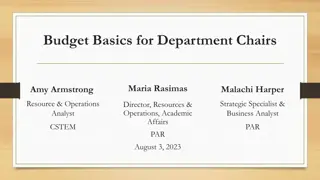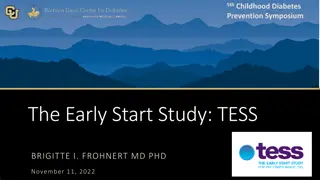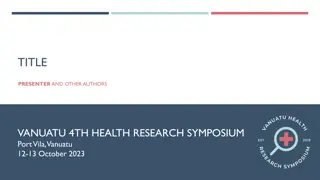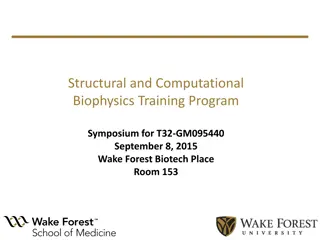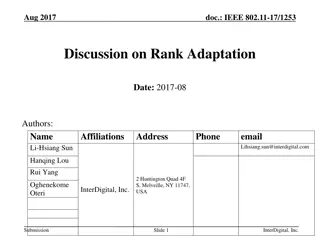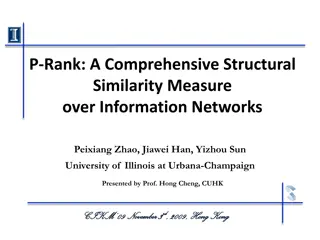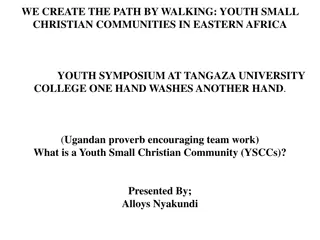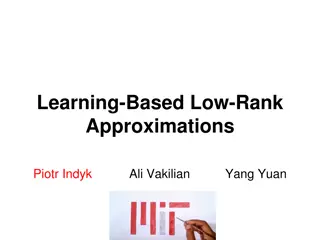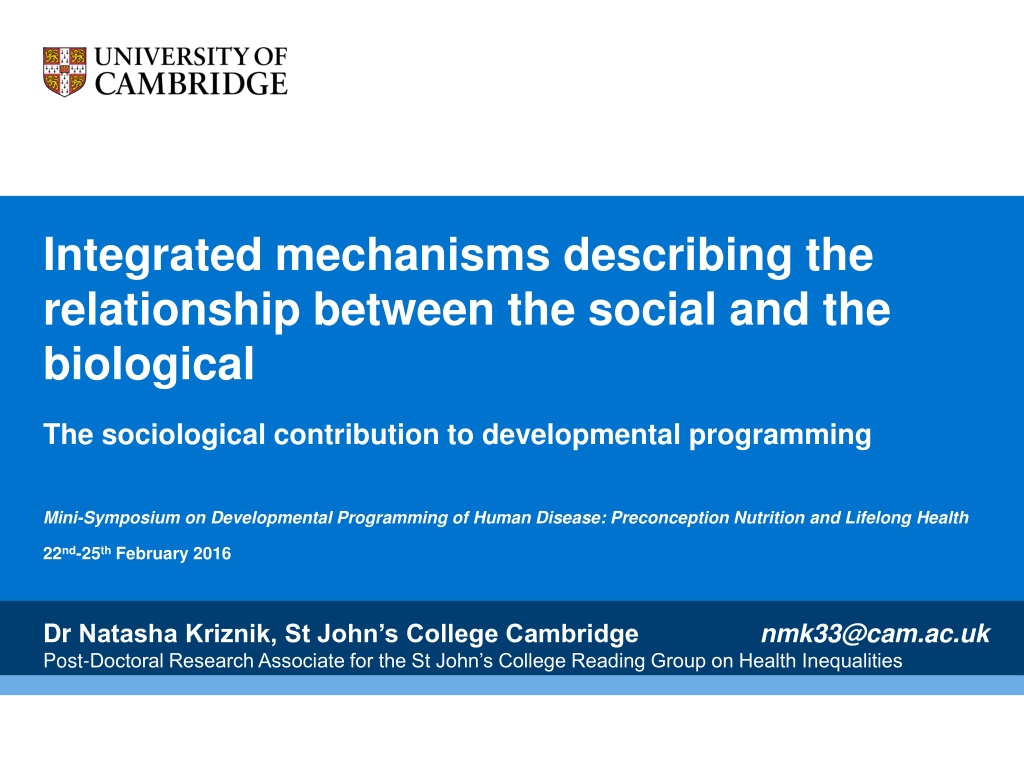
Sociological Contribution to Developmental Programming and Epigenetics
Explore the intersection between social and biological mechanisms in developmental programming, focusing on the sociological contribution to understanding the impact of wider environments on biological development. The discussion delves into the influence of social context on health, historical tensions, and the importance of considering social causes of disease in public health policy and research.
Download Presentation

Please find below an Image/Link to download the presentation.
The content on the website is provided AS IS for your information and personal use only. It may not be sold, licensed, or shared on other websites without obtaining consent from the author. Download presentation by click this link. If you encounter any issues during the download, it is possible that the publisher has removed the file from their server.
E N D
Presentation Transcript
Integrated mechanisms describing the relationship between the social and the biological The sociological contribution to developmental programming Mini-Symposium on Developmental Programming of Human Disease: Preconception Nutrition and Lifelong Health 22nd-25th February 2016 nmk33@cam.ac.uk Dr Natasha Kriznik, St John s College Cambridge Post-Doctoral Research Associate for the St John s College Reading Group on Health Inequalities
Outline Developmental programming The missing sociological contribution Existing literature on social causes of disease St John s Reading Group on Health Inequalities Key sociological concepts Links to the lifecourse Thinking about periconceptional diets using social practice theory The sociological contribution to developmental programming
Developmental programming and epigenetics Growing foetus is sensitive to alterations in the environment Concern about biological mechanisms how physiological adaptations to changes in early environment lead to permanent programming of organ systems How early life events, both in the womb and after birth, influence future (adult) health and well-being Moving beyond mouse models How do we think about this for humans? How can we influence periconceptional diets?
Wheres the sociological contribution? DP and epigenetics concerned with influence of wider environment and its impact on biological development Social context is therefore important this seems to be recognised in DP and epigenetics through increases in maternal cortisol Sociology is aware of the impact of social context on health - but fewer clear attempts to substantially link with biological explanations Historical tensions Fears of reductionism Yet pregnancy, early years and childhood development are key areas in public health policy and research
Existing literature on social causes of disease The social as a precondition for disease Social Susser and Susser (1990) Chinese boxes Biological Thisted (2003) Direct effect on health and disease Cockerham (2007) social factors can initiate pathology Link and Phelan (1995) social factors as a direct cause of illness Kelly et al. (2014)
Existing literature on social causes of disease Population factors Rose (2008) population strategy The causes of causes Marmot and Wilkinson (2005) multiple influences across the lifecourse A web of causation Krieger (1994) ecosocial perspective Kelly et al. (2014)
St Johns Reading Group on Health Inequalities Interdisciplinary group: sociologists, philosophers, medics, psychologists, historians Disease causation Health Inequalities Developmental programming Interested in the interface between the social and biological systems H E A L T H Social Biological Identified sociological concepts that could help negotiate this boundary
Key sociological concepts The lifeworld Schutz Sociology and phenomenology Social practice theories Number of theorists: Bourdieu, Giddens, Foucault, Marx
The lifeworld What is the lifeworld? How can this contribute to DP? A way of conceptualising how individuals think about, or model, the world in order to make sense of it How the brain models the world in early life, how this shapes future decisions and choices Lived experiences provide us with a view of the world and gives a sense of place and self-worth Also how individuals understand others views of the world intersubjectivity We all inhabit different lifeworlds and these are shaped by our interactions with others, and their lifeworlds
Social practice theory What is social practice theory? How can this contribute to DP? Practices are made up of: Practices rather than choices are central avoids individual behavioural focus and blaming individual Cultural expectations and meanings Adapted from Shove et al (2012) Practices shaped by surrounding environment (physical and social) Recruitment Materials and resources Requisite knowledge Intersectionality of practices how certain practices are linked (e.g. healthy breakfast, food shopping, preparing food)
Lifecourse Lifeworld Structuration Social practice theories
Thinking about periconceptional diets (and health) using social practice theory Diet and lifestyles of women of child-bearing age also partners! Awareness of lifecourse experiences which shape lifeworld and expectations Moving beyond individualist paradigm of lifestyle Agency allows them to reject or modify these patterns, but structure limits the options that are available (Cockerham, 2005) Not just about providing people with information/education and expecting them to make better choices Cultural expectations and meanings Need to consider practice-based responses Requisite knowledge Materials and resources
The sociological contribution: social practices How people view the world, interact with it, the practices they undertake: these are recursive and become routine, habitual and clearly have a biological impact All social practices affect health in some way, either positively or negatively Not just about individual behaviour or choices how actions (e.g. healthy breakfast) are influenced by wider cultural expectations and meanings, obtaining the resources to undertake certain actions, having the knowledge to participate in practices Integrated thinking practices as a way for social theory to engage more directly with biological processes
Thank you for listening! Thank you to The Rank Prize Funds for inviting me Acknowledgements: St John s College Annual Fund Prof. Mike Kelly Prof. Ann Louise Kinmonth Email: nmk33@cam.ac.uk Twitter: @NMKriznik



